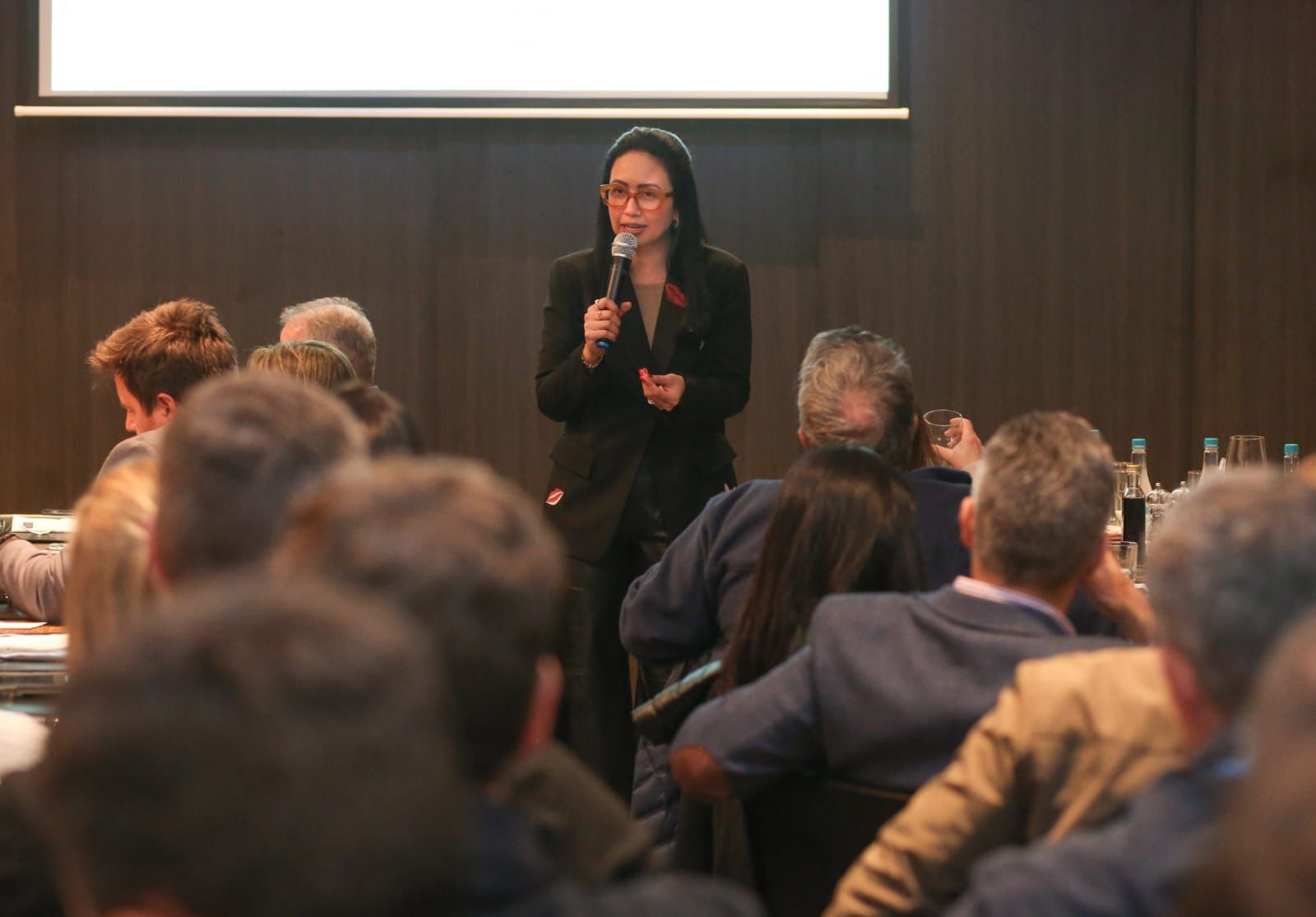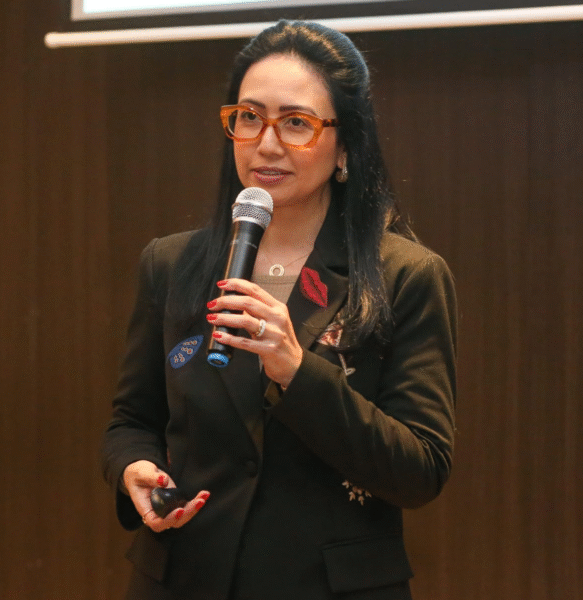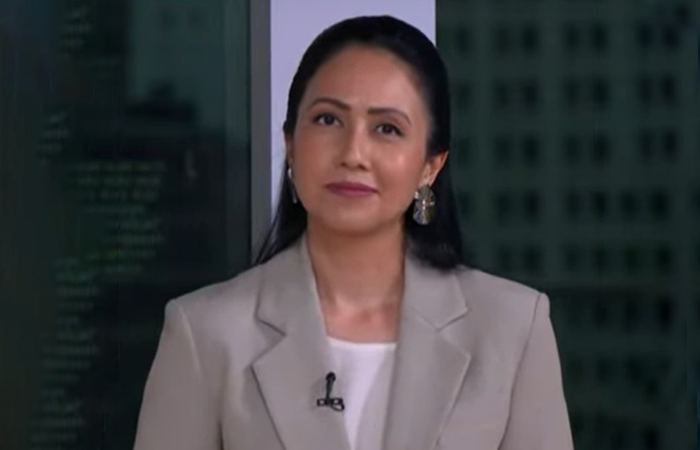
Are you and your company prepared to face image and reputation crises?
The question isn't rhetorical. It's a crucial question, and the answer—and the action you take—will determine the future of your business. The impact of reputation crises and strategies for preparing for them were discussed by ANK Reputation founder and CEO Anik Suzuki, along with business leaders from EO (Entrepreneurs' Organization), from the Porto Alegre chapter, a global community made up of more than 20 thousand entrepreneurs, present in more than 80 countries.
Based on his experience, Anik noted that never before have companies, entrepreneurs, board members, and C-suite executives been so vulnerable and exposed to crises as they are today. Companies are more accustomed to facing sensitive moments, but leaders are still caught off guard and often lack specialized support ready to support them in difficult times. He emphasized: "We can't wait any longer to prepare. The only certainty for long-standing companies is that they will experience crises, caused by internal failures and problems or by external situations or contexts beyond our control."
Performance before, during and after
Anik presented data from a survey conducted by ANK Reputation, with more than 100 top leaders of large companies, representing 13 segments of the economy in Brazil, and published earlier this year. The survey (available here) shows that more than 80% of leaders said their companies are not adequately prepared to face risks.
"Every crisis was once a risk," Anik warned, highlighting the urgent need to act to mitigate and prevent reputational damage, using method, processes, and planned initiatives. Because, if risks are increasingly complex—such as cybercrime, climate change, fake news, and misconduct by leaders and employees—the resulting crises also become more challenging.

"In reputation, the impact counts more. If the damage is enormous, even if it's unlikely to happen, you need to act."
Anik Suzuki
And being prepared to face crises means acting before, during, and after them, he stated. Beforehand, for example, it's essential to have mapped corporate risks and reputational threats, a risk mitigation plan, and a crisis management policy, with governance and information flows, general guidelines for leaders and managers, and established contingency plans, as well as trained spokespersons. "Being truly prepared is the least a business owner or CEO needs to offer their organization," he said. "Because it can be done with time, with higher quality, more economically, and it can prepare the company's people so they don't have to rely solely on you."
Anik warned EO members that to properly manage reputational risks and threats, they needed to analyze each item from two perspectives: the likelihood of occurrence and the impact of the occurrence, should the risk become a disaster. "In reputation, the impact counts more. If the damage is enormous, even if it's unlikely to happen, you need to act."
Opportunity cost
Using a phrase commonly used in the financial market, Anik concretely summarized the real impact of reputational damage prevention and reputation management. "Reputation is an opportunity cost," he reinforced, emphasizing that people always know what they've lost, but it's difficult to know what they've failed to gain. The bottom line is this: a solid, solid reputation, based on the right attributes, leverages the company, brings in more market share, more money share, and differentiates the company from its competitors. Furthermore, it reduces overall costs, as it contributes to lower capital acquisition costs, lower talent acquisition costs, and more.
And, are you and your company prepared to face image and reputation crises?
Want to learn more about risk management? Click to read.


